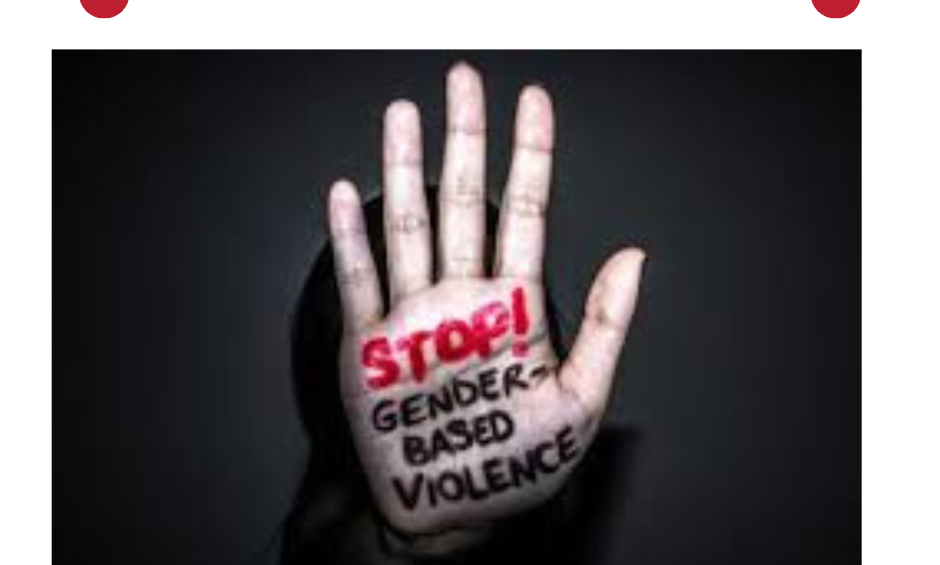In a significant push against gender-based violence (GBV), the Women Advocates and Research Documentation Centre (WARDC) and Women for Women International (WfWI) have urged for more funding and collaboration to address GBV in Nigeria. At a recent Lagos event, organized by WfWI in partnership with WARDC and supported by the Ford Foundation, stakeholders emphasized the urgent need for robust interventions. Themed “National Level Intervention on GBV Prevention Mechanism,” the gathering brought together key players to discuss national and community-level strategies to curb GBV.
Bukola Onyishi, Country Director of WfWI, stressed the importance of creating a standardized approach for GBV response across Nigeria’s diverse communities. Onyishi highlighted the need for cultural engagement to challenge the acceptance of early marriage and limited education for women, issues which many affected women have come to view as normal. “When traditional leaders understand that GBV is unacceptable, especially in their communities, the conversation becomes more impactful,” Onyishi noted.
Mary George-Peluola, Director of Projects at WARDC, pointed to the critical need for funding, especially for shelter options that provide safety for survivors of abuse. According to George-Peluola, a lack of accessible shelters is one reason women stay in violent situations. “Many women have no safe place to go, and existing shelters are limited in capacity and duration of stay,” she explained, calling for increased resources to establish more shelters across Nigeria.
In support, Bridget Taremotimi from Women at Risk International Foundation (WARDC) highlighted the importance of collaborative efforts among NGOs and civil society organizations to enhance impact. She urged organizations to establish partnerships aligned with their specific expertise to tackle the multifaceted issues surrounding GBV. Similarly, Joy Shokoya, Manager at Mirabel Centre, noted the importance of providing essential services, including transportation fare, to make support accessible for survivors.
Representing the Lagos State Ministry of Women Affairs and Poverty Alleviation, Motunrayo Kasali emphasized grassroots education and skill acquisition as crucial to empowering GBV survivors. “Acquiring skills helps survivors reintegrate into society, building resilience against trauma and stigma,” Kasali said. Stakeholders agreed that a multi-pronged approach—incorporating community education, policy advocacy, and survivor support—is essential for Nigeria’s fight against gender-based violence.





